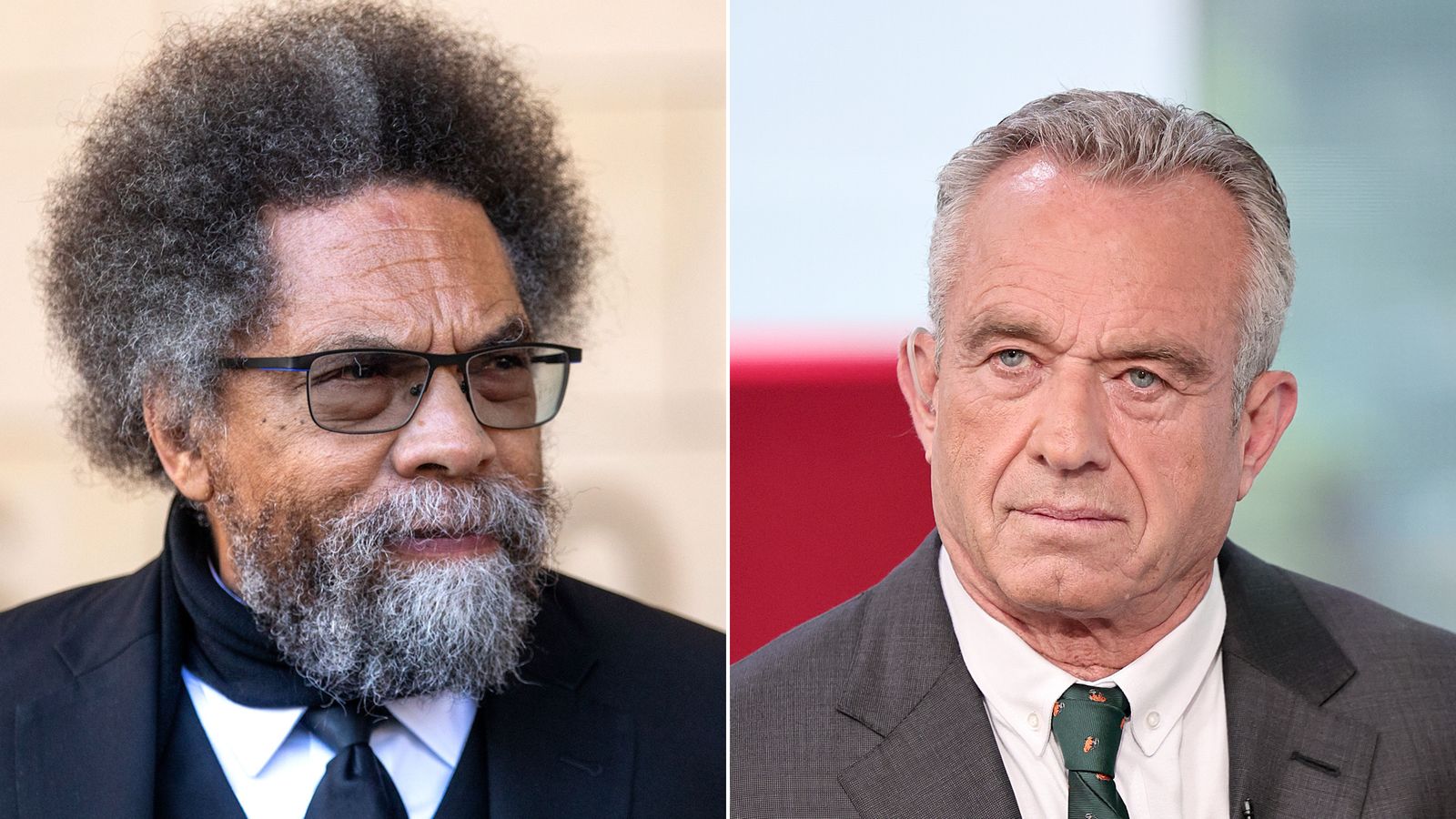The political stage is set for a potential rematch between President Joe Biden and former President Donald Trump, following their respective victories in the Democratic and Republican primaries on Super Tuesday. However, the perceived flaws and general unpopularity of both candidates suggest that the upcoming election could be a battle of attrition, with each side aiming to exploit the other’s weaknesses.
Republicans are likely to portray Biden as aging and frail, while Democrats may equate a second Trump term with a threat to democracy. With the 2024 election potentially mirroring the closely contested races of 2020 and 2016, third-party or independent candidates, despite their slim chances of victory, could significantly influence the outcome.
Third-Party Candidates: A Potential Game Changer?
The Libertarian Party, a regular fixture on the ballot in every state in recent elections, and the Green Party, usually present in most states, have not traditionally garnered significant support. However, in tight races, their ability to secure tens of thousands of votes in key states can lead to considerable speculation. Notably, the strong Libertarian and Green Party tickets in 2016, led by former New Mexico Gov. Gary Johnson and Jill Stein respectively, were argued to have drawn support away from Hillary Clinton, aiding Trump’s victory.
Despite such claims, most comprehensive analyses suggest that it is unrealistic to assume third-party voters would automatically opt for a major-party candidate if their preferred third-party option was unavailable. The Libertarian Party will select its nominee at a party convention in May, while the Green Party will choose its candidate in July.
Independent Candidates: A New Wild Card
This year introduces a new kind of wild card, with Robert F. Kennedy Jr., a well-known figure with a political background and substantial financial backing, aiming to appear on November ballots as an independent. Academic and social justice advocate Cornel West is also running as an independent, forming a new party: Justice for All.
No Labels: A Centrist Approach
No Labels, a centrist group formed in response to dissatisfaction with the major parties, is seeking ballot access for an unnamed “unity” candidate. While no such candidate has emerged yet, the group will vote this week on whether to seek one. If it decides to field a ticket, it plans to look for a Republican presidential candidate and a Democratic vice presidential candidate.
Challenges for Independent Candidates
One of the main challenges for independent candidates is securing a spot on the ballot. Robert F. Kennedy Jr.’s campaign claims to have gathered enough signatures for ballot access in swing states Nevada and New Hampshire, as well as in Hawaii. His campaign is also supported by a well-funded super PAC that claims to have collected enough signatures for ballot access in key states Arizona and Georgia. Kennedy is already on the ballot in Utah. Cornel West’s campaign, on the other hand, has secured ballot access in Alaska, Oregon, and South Carolina.
Independent Candidates in Polls
Support for independent candidates in polls is complex and subject to change. A February poll by Marquette University found that when Kennedy, West, and Stein were included, Trump led with 42%, followed by Biden with 39%, Kennedy with 15%, West with 3%, and Stein with 2%. Kennedy drew more support from Republicans, while West and Stein attracted more Democrats. However, polls that explicitly ask about third-party candidates by name tend to overstate their actual support.
Democrats’ Fear of Independent Candidates
Democrats have expressed concern about the No Labels campaign and Kennedy’s candidacy, fearing they could draw support away from Biden. They have also raised concerns about coordination between Kennedy’s campaign and the super PAC supporting him. Kennedy has also considered running as a Libertarian, despite his notably liberal views on key issues and his career as an environmental activist.
As the election draws closer, expect Kennedy’s opponents, particularly on the liberal side, to scrutinize his controversial views on vaccines and other topics.

